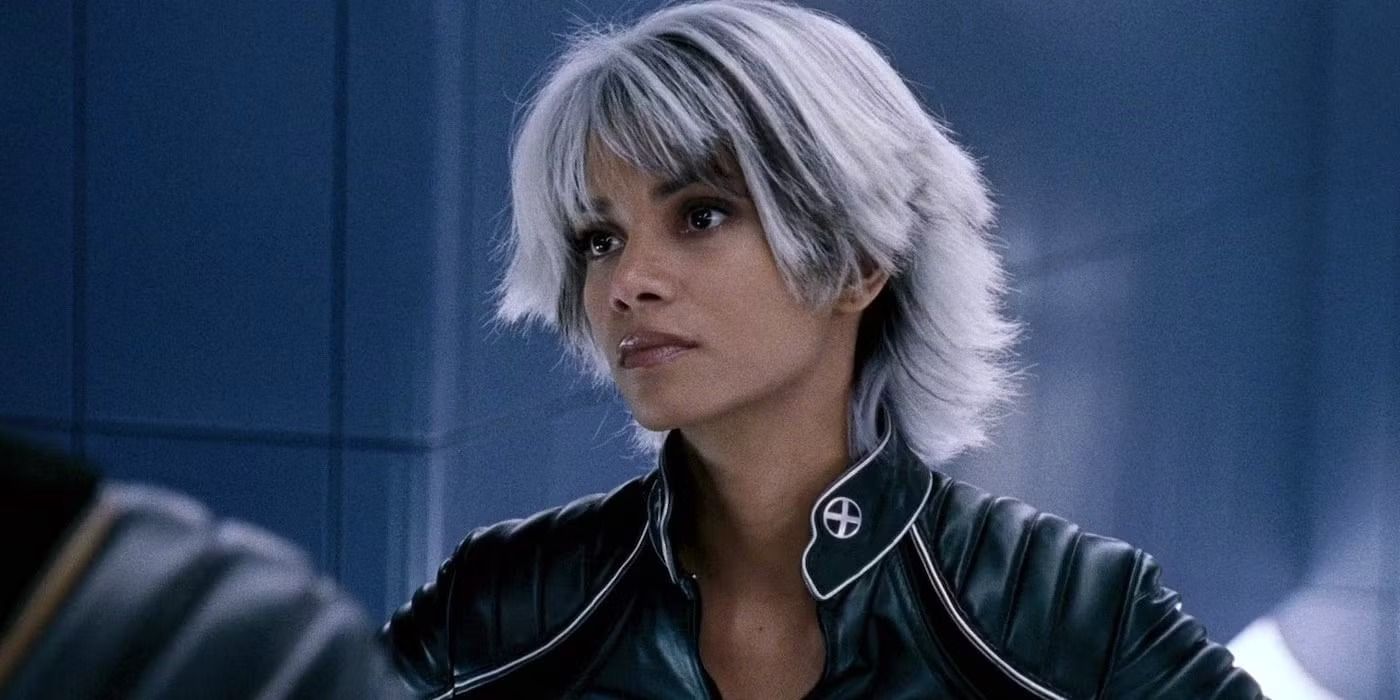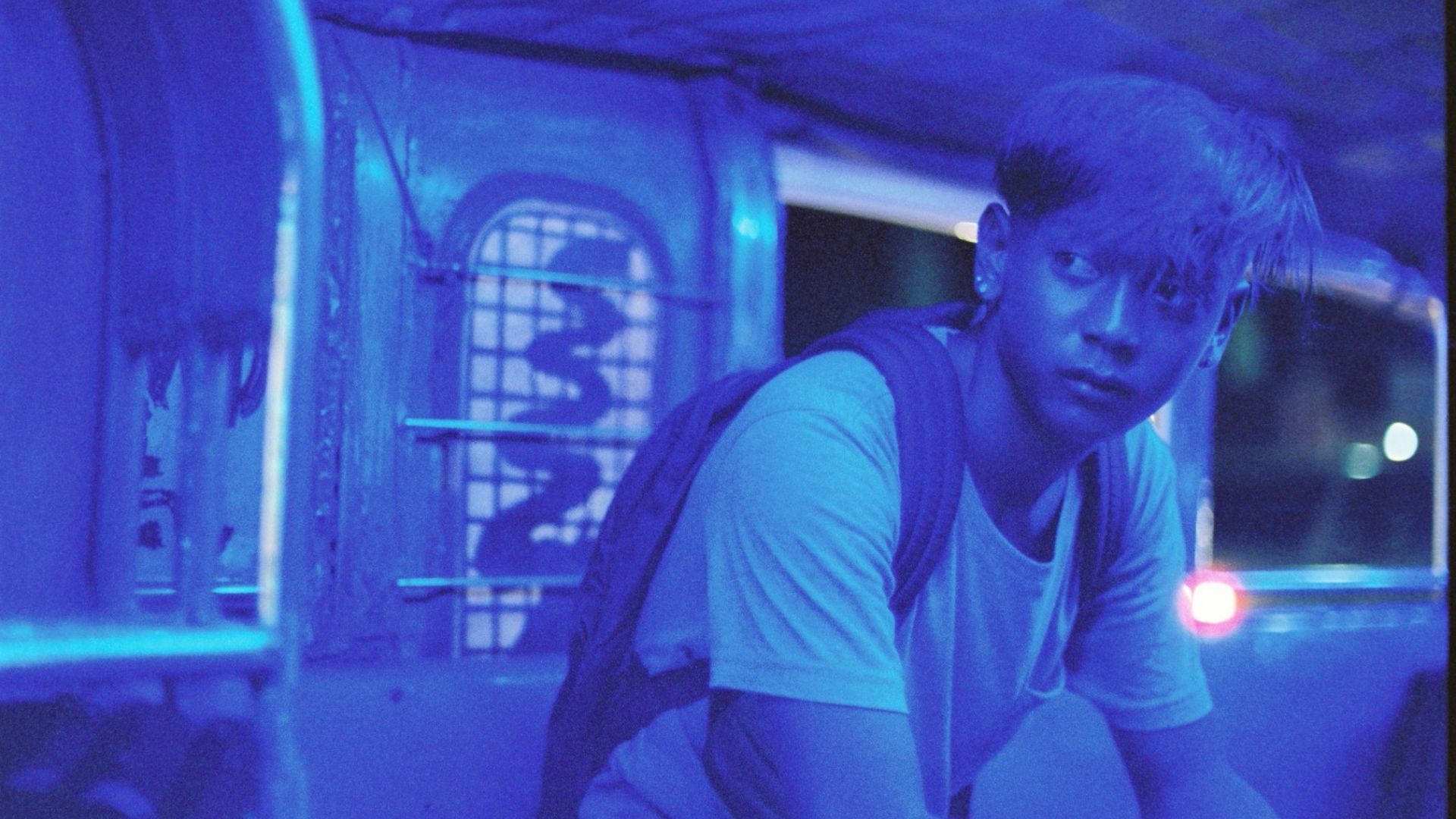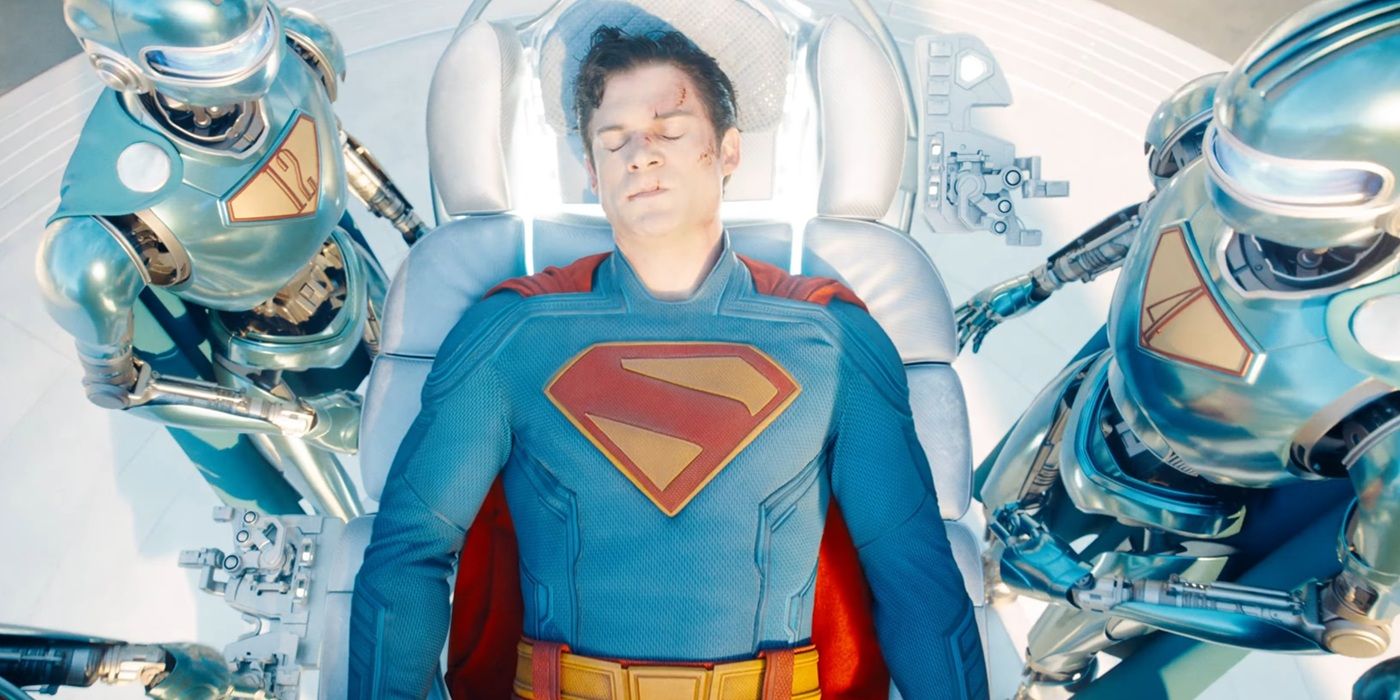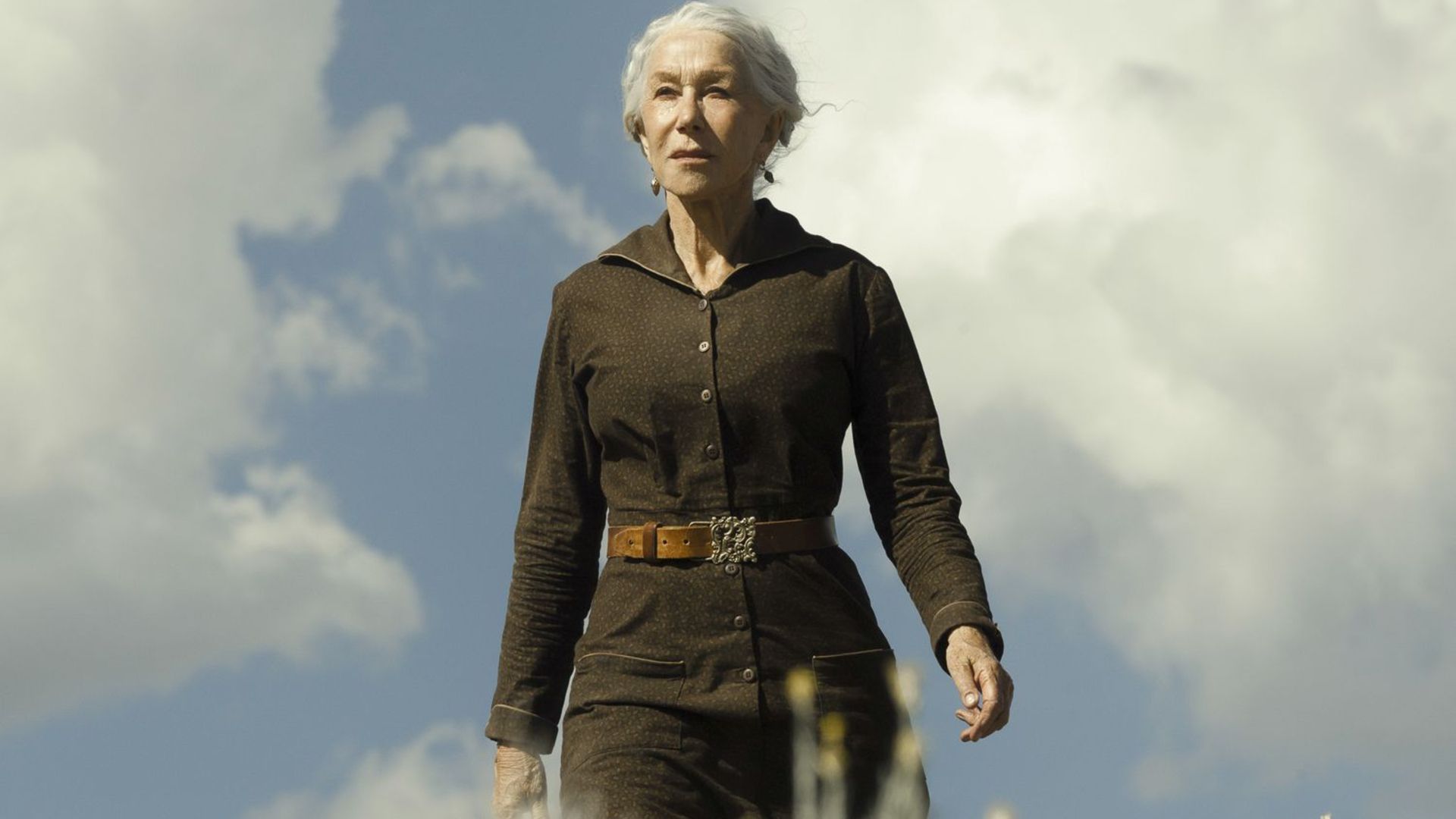If one of your loved ones suddenly passed away in an accident, what would you do? The arts, cinema, and literature have been exploring themes of grief and how it manifests for different individuals for centuries now, showing that it can appear in so many different ways, whether it’s through coping mechanisms or simply cultural differences and mindsets. The core emotion is the same across the world, which is why audiences have continuously enjoyed entertainment that have dwelled on the subject on what it means to go through and get through a loss, especially if it’s a recent one. Fresh from Fantasia 2023, Aporia is another addition to this specific genre of movies, although with a twist.
Director and screenwriter Jared Moshe filmed Aporia during the COVID-19 pandemic, and the film is now finding its way into theaters in August 2023. Moshe has been known for his Western movies like Dead Man’s Burden and The Ballad of Lefty Brown, but Aporia pivots thematically and visually to a more contemporary setting. Sci-fi elements make this one different and drives the plot forward, positing some serious ethical and moral concerns as the characters continue to see the consequences of their actions, but are unable to stop what they have set out to do throughout the course of the movie.
Judy Greer is riveting in the lead role of Aporia, drawing the audience deeper into the world she is living inside without her beloved husband, now a widow left behind with a teenage daughter who’s also struggling with the impacts of her father’s death. Joining Greer are Edi Gathegi and Payman Maadi, who give excellent performances as well throughout the film. Together, they form a trio that want to change the world but end up creating one that may no longer have room for them after they alter it too much.
Traveling Through Time to Find What Was Lost
Well Go USA
In Aporia, Judy Greer portrays Sophie, who is barely holding it together after the tragic death of her beloved husband Malcolm (Edi Gathegi). This is a recent wound for her, as eight months prior to the start of the movie he was killed by a drunk driver, and now Sophie is left a widow with their young daughter Riley. Riley, too, has been severely impacted by her father’s death, as the bright student finds herself spiraling. Not only is she starting to fail her classes, but Riley’s taking her anger out on her mother. Even on her birthday, Riley is venomous and hostile towards Sophie, worsening Sophie’s hopelessness.
In addition to this, the family is struggling financially now, adding even more problems to their list. But everything is about to change for Sophie when Jabir, a friend of Malcolm and Sophie, swings by. A former physicist, Jabir fled to the United States as a refugee and is forced to drive cabs for a living. As it turns out, before Malcolm’s death, the two were working on a time machine of sorts, and as Jabir shows Sophie and explains how it works, it plants a certain seed: what if they could go back in time to when Malcolm was alive? Could they save him if they had the ability to do so? Would they be willing to trade his killer’s life for his?
Well Go USA
When they turn the machine on, it works when they decide to kill the man who ended Malcolm’s life. Sophie tearfully spots an alive Malcolm, and it seems like life, at least for a little while, could go back to what it once was. She eventually tells Malcolm what is happening, and then the three must grapple with this: what if they could go back in time and save people from tragic events? They suddenly have the power to change people’s lives for the better, but Aporia grapples with whether this is the ethical, or proper, decision at the end of the day.
This isn’t a novel concept in movies, but fans of the time travel genre might be able to guess the implications of what it means for the present day if someone were to go back in the past and mess up the timeline. The deeper these characters go into the past and alter events that have already happened, the more they change the lives of others. But in the end, Malcolm, Sophie, and Jabir could find themselves in a world they may not recognize because of how much they’ve changed and tempted fate.
Related: 15 Horror Movies That Expertly Explore Grief and Loss, Ranked
Familiar Film Territory
Well Go USA
Science fiction movies have delved deep into the concept of time travel and its repercussions before, making the beating heart behind Aporia’s plot a rhythm viewers may already be familiar with. The machine that causes the time travel isn’t really explained upfront, which may not be necessary considering it looks like a creation that was created in a guy’s garage. Which it kind of is. Regardless, despite these sci-fi elements, Aporia doesn’t dwell on the details and instead ruminates on the emotional impacts of what’s been done. As the characters hurtle towards an unknown future by changing the past, they can become the only ones aware of the implications of their actions.
In the end, this is a film about grief and coming to terms with the pain that you and others may feel in the face of something horrible happening, like a death or the financial pressure of trying to stay afloat in a working class suburb. Aporia opens with that grief, as Sophie struggles to get by in her everyday life, and it continuously circles back to the themes it initially establishes in the first 30 minutes. That said, one can start to notice these observations if they get past the hurdle of the opening section of the movie — for some, pacing might remain a critical problem that muddles these important messages.
Aporia ends up being a quiet film because of this. Throughout the runtime there isn’t a lot of fanfare or a flair for dramatics. It is both nuanced and straightforward because of how it focuses on the reaction and core of these issues rather than the action that delivered us to this point. What becomes the most curious element behind a movie like this is how it leans in the philosophical side of film as a medium, a conduit for further conversation versus mindless consumption. Summer releases have a stereotype of being just “fun” and nothing more, but it’s movies like Aporia that challenge this assumption.
Related: 12 Movies That Totally Wasted Judy Greer
Aporia Is Flawed but Effective
Well Go USA
One of the most impressive things about Aporia is Judy Greer. Although everyone puts out a fairly good effort throughout the film’s runtime, Greer shines as Sophie, taking the character and truly making her into someone who seems real in front of the camera. Sophie is a character that’s miserable with the circumstances that have happened in her life and wants to find a way out of it. Her intentions are good, and although the writing of her character can be choppy at times, her narrative arc becomes pretty clear early on.
That’s what leads her to make the decisions she does throughout the movie, and although she thinks this time travel will help heal her wounds and make them go away, it is a risky move that can only make her problems worse the deeper she gets into it. The phrase “be careful what you wish for” often comes to mind as Aporia twists into its final act, showing that maybe the grass truly is not greener on the other side. But it also asks us this: how far would you go in order to protect your family?
However, Aporia does have its flaws. Pacing remains a problem throughout the movie, and in its third act, it begins to feel like the plot is being stretched out to the point where some things might not be necessary. For those not willing or ready to emotionally invest in the film and its characters, that might create some key problems despite this cinematic journey being a necessary one. There’s a lot to learn from movies like Aporia and their depictions of grief, as well as the decisions the actors make on-set to bring it to life, but viewers are going to have to endure some slow stretches in order to get that payoff.
Aporia is out in theaters on August 11, 2023, and you can learn more about it at the Fantasia Film Festival website.
You can view the original article HERE.






























